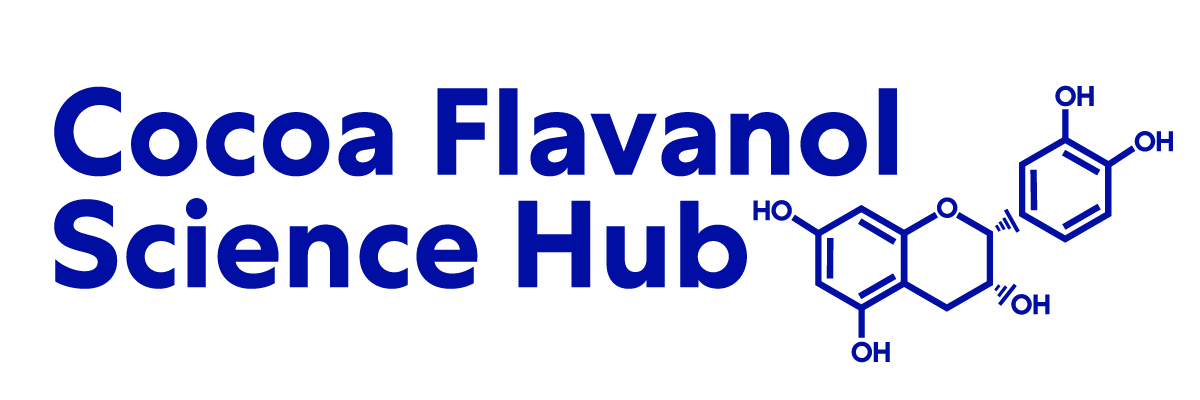Flavonoids of cocoa inhibit recombinant human 5-lipoxygenase.
(-)-Epicatechin and its related oligomers, the procyanidins, are present in sizable amounts in some cocoas and chocolates. Intake of flavonoid-rich chocolate in humans has been reported to increase the plasma level of (-)-epicatechin and concomitantly to significantly decrease the plasma level of proinflammatory cysteinyl leukotrienes. Because leukotrienes are formed via the 5-lipoxygenasepathway of arachidonic acid metabolism, we examined whether 5-lipoxygenase is a possible target for the flavonoids of cocoa. Recombinant human 5-lipoxygenase was reacted with arachidonic acid and yielded a mixture of mainly 5-hydroperoxy-6E,8Z, 11Z,14Z-eicosatetraenoic acid (5-HpETE) and hydrolysis products of 5,6-leukotriene A(4) (LTA(4)). The formation of these products was significantly inhibited by (-)-epicatechin in a dose-dependent manner with 50% inhibitory concentrations (IC(50)) of 22 and 50 micromol/L, respectively. Among the procyanidin fractions isolated from the seeds of Theobroma cacao, only the dimer fraction and, to a lesser extent, the trimer through pentamer fractions exhibited comparable effects, whereas the larger procyanidins (hexamer through nonamer) were almost inactive. We conclude that (-)-epicatechin and its low-molecular procyanidins inhibit both dioxygenase and LTA(4) synthase activities of human 5-lipoxygenase and that this action may contribute to a putative anti-inflammatory effect of cocoa products.
See the Full Study > (opens in a new tab)









